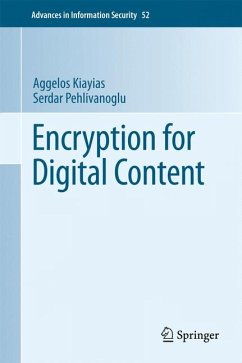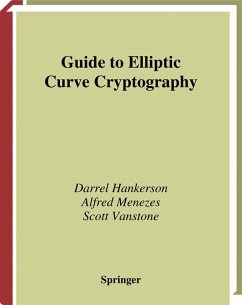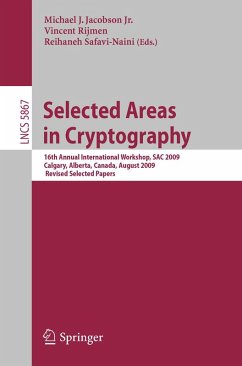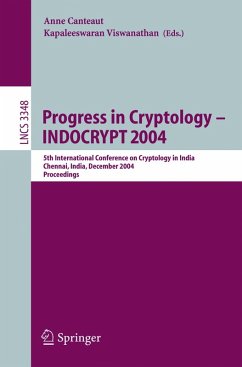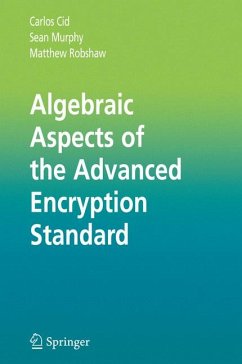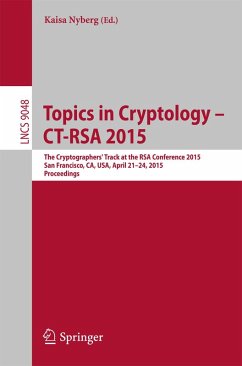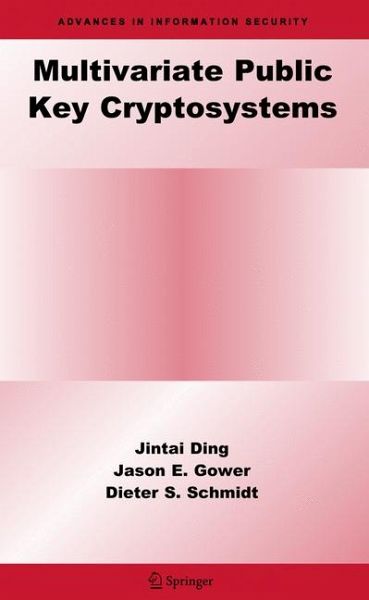
Multivariate Public Key Cryptosystems (eBook, PDF)
Versandkostenfrei!
Sofort per Download lieferbar
88,95 €
inkl. MwSt.
Weitere Ausgaben:

PAYBACK Punkte
44 °P sammeln!
Multivariate public key cryptosystems (MPKC) is a fast-developing area in cryptography. This book systematically presents the subject matter for a broad audience and is the first book to focus on this exciting new topic. Written more from a computational perspective, the authors provide the necessary mathematical theory behind MPKC, and students with some previous exposure to abstract algebra will be well-prepared to read and understand the material. Information security experts in industry can use the book as a guide for understanding what is needed to implement these cryptosystems for practi...
Multivariate public key cryptosystems (MPKC) is a fast-developing area in cryptography. This book systematically presents the subject matter for a broad audience and is the first book to focus on this exciting new topic. Written more from a computational perspective, the authors provide the necessary mathematical theory behind MPKC, and students with some previous exposure to abstract algebra will be well-prepared to read and understand the material. Information security experts in industry can use the book as a guide for understanding what is needed to implement these cryptosystems for practical applications, and researchers in both computer science and mathematics will find it a good starting point for exploring this new field. It is also suitable as a textbook for advanced-level students.
Dieser Download kann aus rechtlichen Gründen nur mit Rechnungsadresse in A, B, BG, CY, CZ, D, DK, EW, E, FIN, F, GR, HR, H, IRL, I, LT, L, LR, M, NL, PL, P, R, S, SLO, SK ausgeliefert werden.



